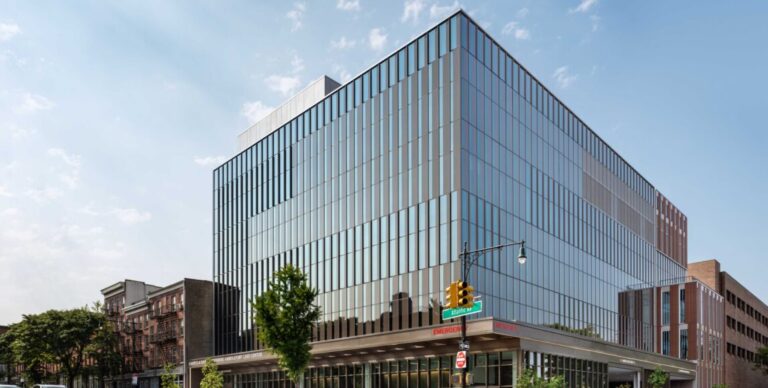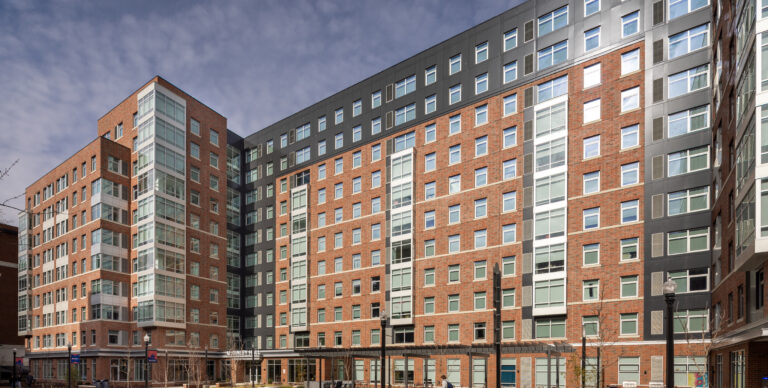Adaptive Strategies: What We’re Seeing and Learning

Adaptive Strategies: What We’re Seeing and Learning (April 9, 2020)
The events of these recent weeks are unprecedented and its impacts on business unquestionable. As we all move quickly to adjust, we’ve been listening to our staff, partners and clients working on projects across the country and are learning of adaptive strategies addressing critical construction and building industry issues.
As things continue to change, we’re committed to coalescing this knowledge and sharing it with you over the coming weeks.
Some of the topics may resonate with issues that you are already facing. Other topics may provide some early insight into what may yet be expected, with examples of the ingenuity and creativity we are seeing that may inform your own planning and strategy.
We are truly all #inthistogether.
Agency Inspections: When field inspections were abruptly curtailed due to COVID-19 on a current project in Boulder, CO, the project team quickly transitioned to photo and video technologies to communicate project status to the authority having jurisdiction (AHJ) as a potential alternative to site visits. This resulted in the AHJ establishing specific inspections that are now permissible without an inspector physically visiting the project site, enabling selected approvals to be secured and project momentum to be maintained.
Payment Applications: Video tours and photos have also successfully replaced physical project site visits in areas including Mesa, AZ, Los Angeles, CA, Boulder, CO and Orlando, FL, to assess and verify level of completion associated with trade work as part of application for payment reviews.
Team Procurement: Zoom, Microsoft Teams and other video communication platforms are being adapted widely, including for virtual procurement. These tools can readily replace in-person interviews with candidate firms being considered for client project teams.
Workforce Management: On a current project in Chicago, IL, man hours were strategically reduced on typical/first shift work in order to accommodate distancing protocols mandated by the state’s COVID-19 executive order. To minimize the impact of distancing and compensate for the loss in production on the first shift, a second shift is being instituted.
Construction Site Distancing Compliance: Distancing mandates were addressed concurrently by several development teams involving multiple projects and job sites in Colorado via a single-day work stoppage on all sites. The work pause allowed the development teams, in conjunction with the general contracting teams (GC’s), to formulate an approach designed to maintain a healthy workforce. The resulting strategy involved the GC’s, responsible for safety on the job sites, hiring two additional staff to provide training on and monitor compliance of Center for Disease Control & Prevention (CDC) requirements. This plan serves to minimize unexpected delays and schedule impacts and allow work to continue on all projects.
Multifamily Hotelization: Busting Myths, Supporting Realities
Several myths surround the idea of hotelization in the multifamily sector. In response, ApartmentBuildings.com reached out to apartment experts to explore—and bust—many of those incorrect assumptions.





